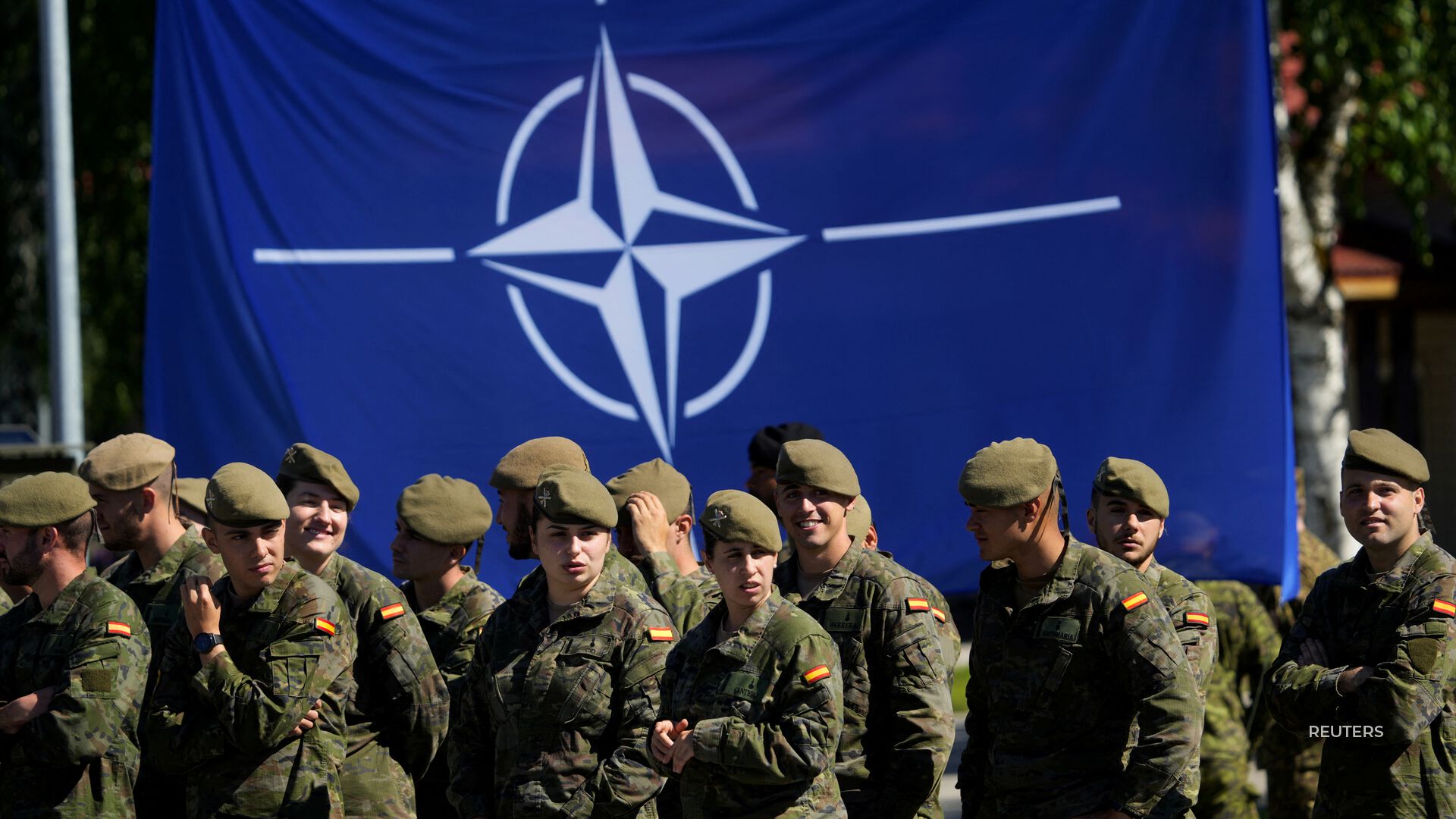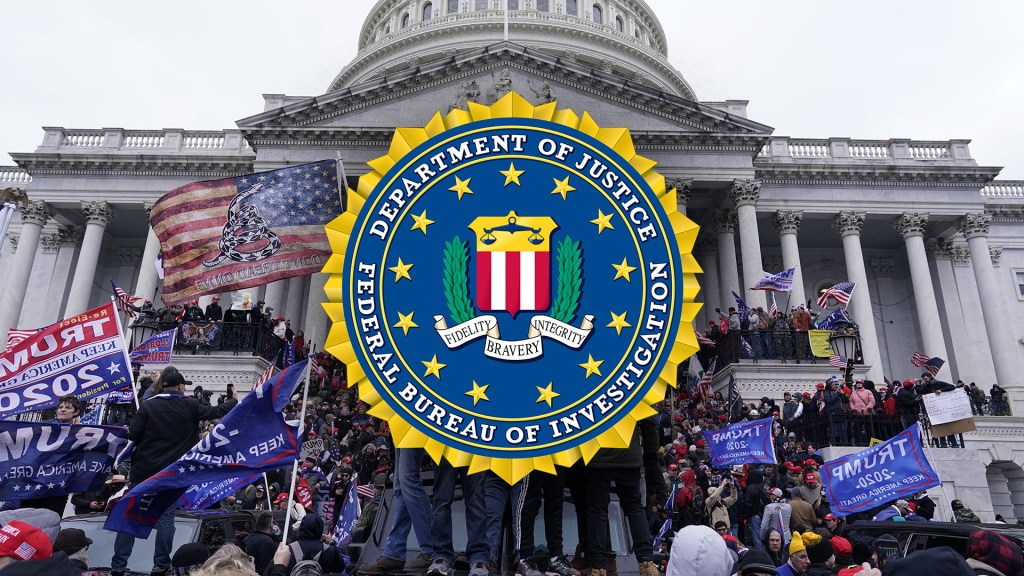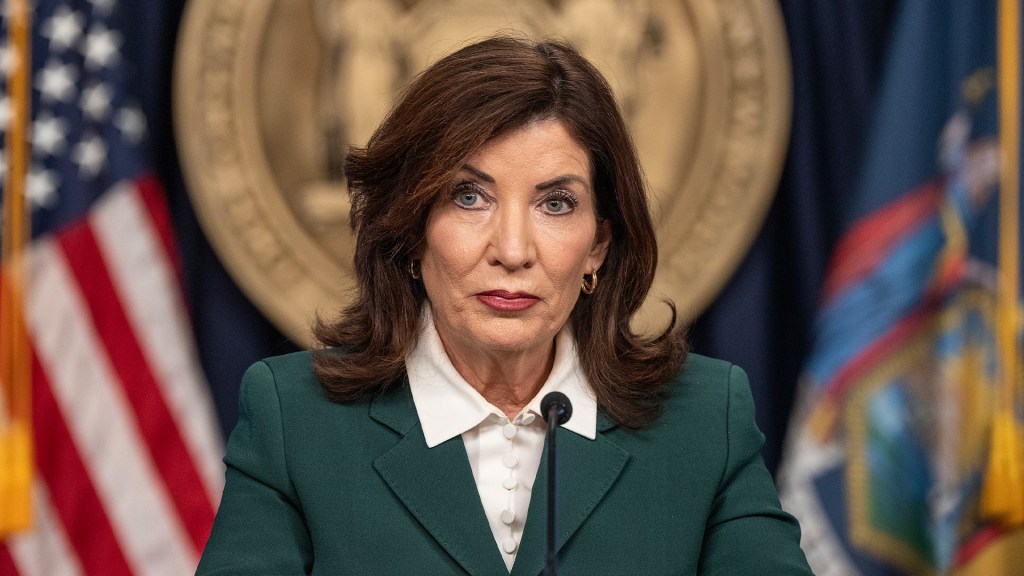
Jens Stoltenberg | NATO Secretary General: “We will enhance our battle groups in the eastern part of the alliance up to brigade levels. We will transform the NATO response force and increase the number of our high readiness forces to well over 300,000.”
Shannon Longworth: That was NATO’s secretary general — announcing a nearly 8-fold increase in the size of the alliance’s rapid reaction force.
Today’s announcement comes ahead of a NATO summit set to take place in Madrid this week.
At the Summit — the 30 NATO allies are expected to agree to additional support for Ukraine — as well as address another global threat.
Jens Stoltenberg | NATO Secretary General: “I expect it will make clear that allies consider Russia as the most significant and direct threat to our security. It will address China for the first time and the challenges that Beijing poses to our security, interests and values.”
Shannon Longworth: “It will be interesting to see how Russia responds to the announcement.
Before the war in Ukraine — Russia had demanded that NATO roll back its military deployments in Central and Eastern Europe.










